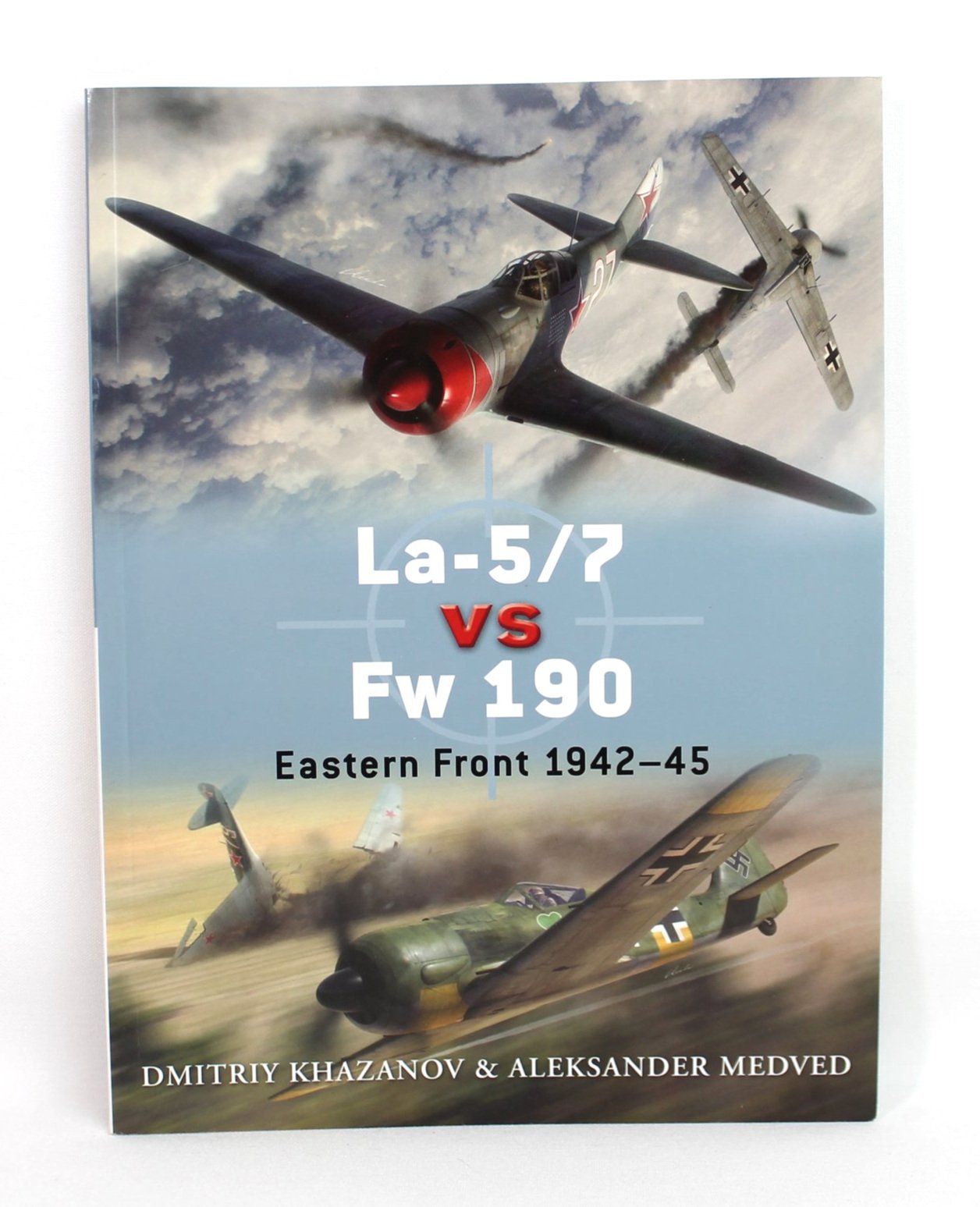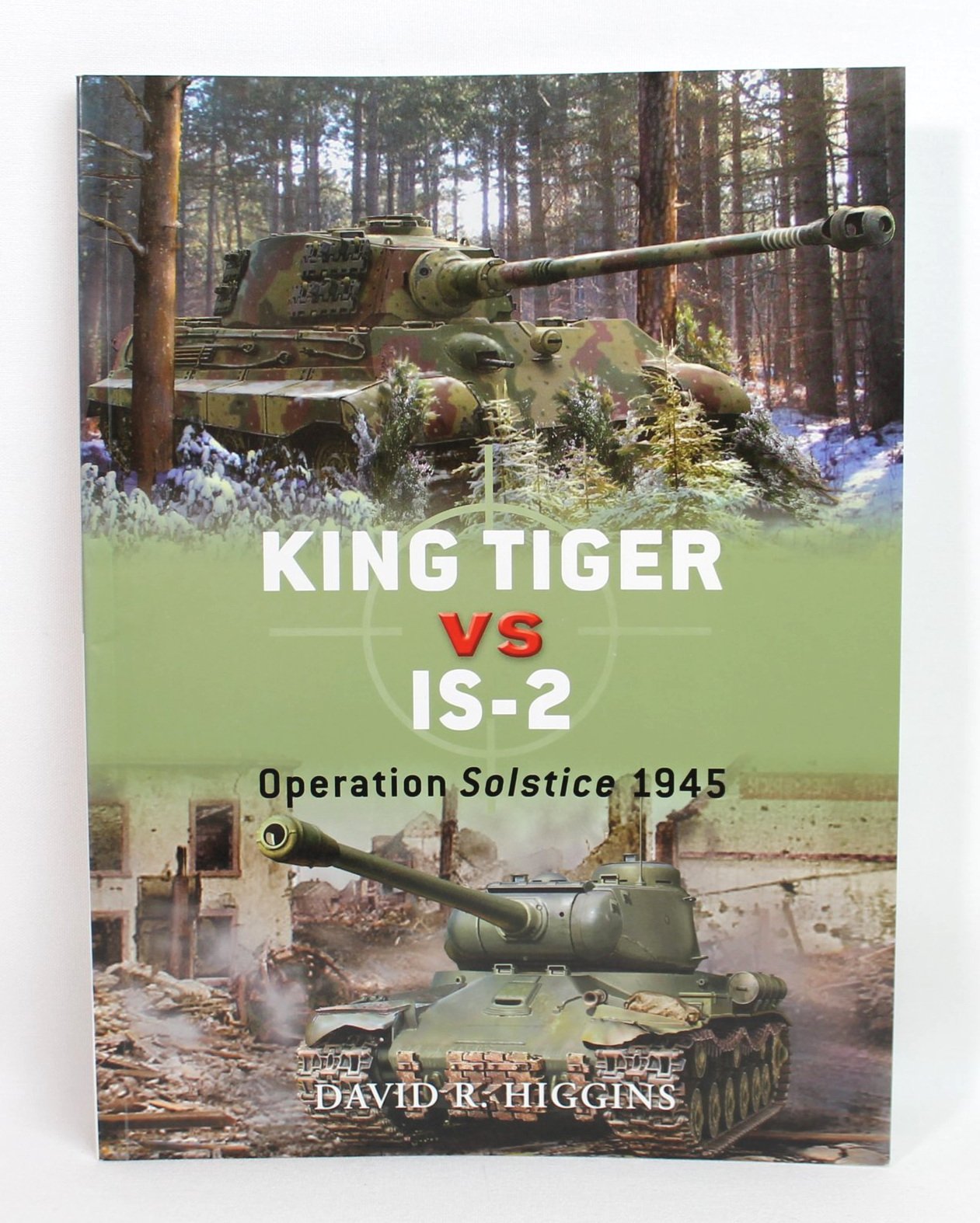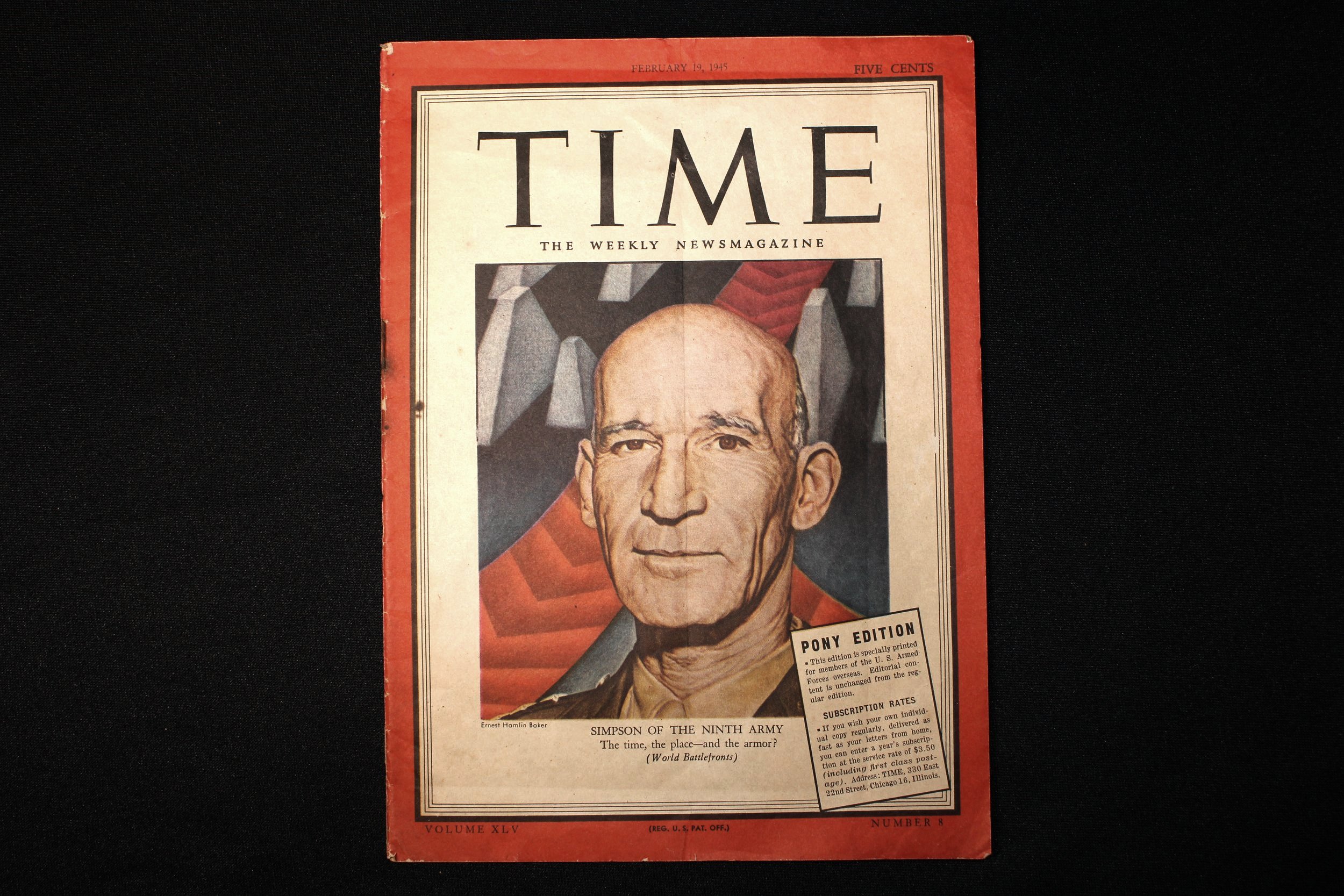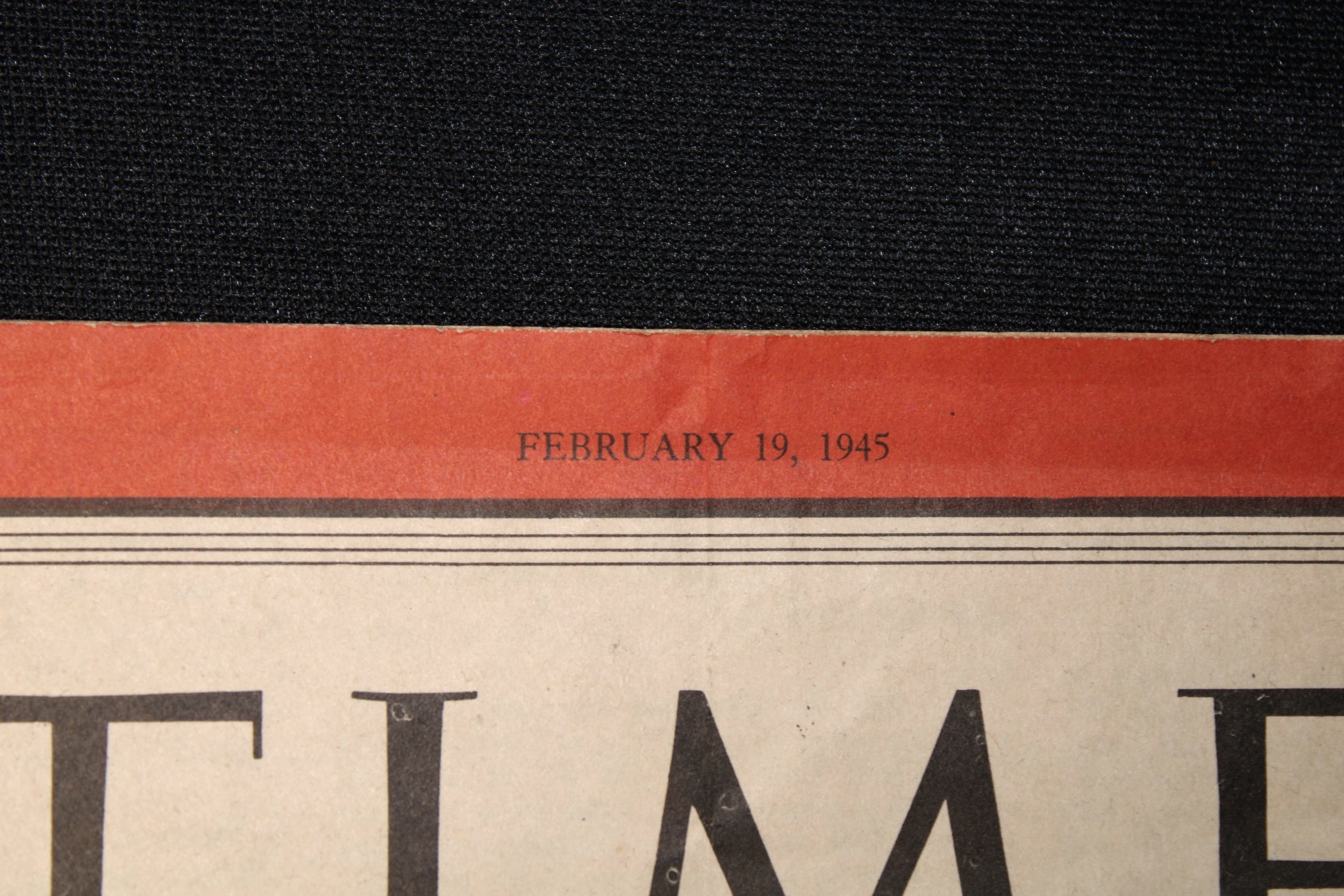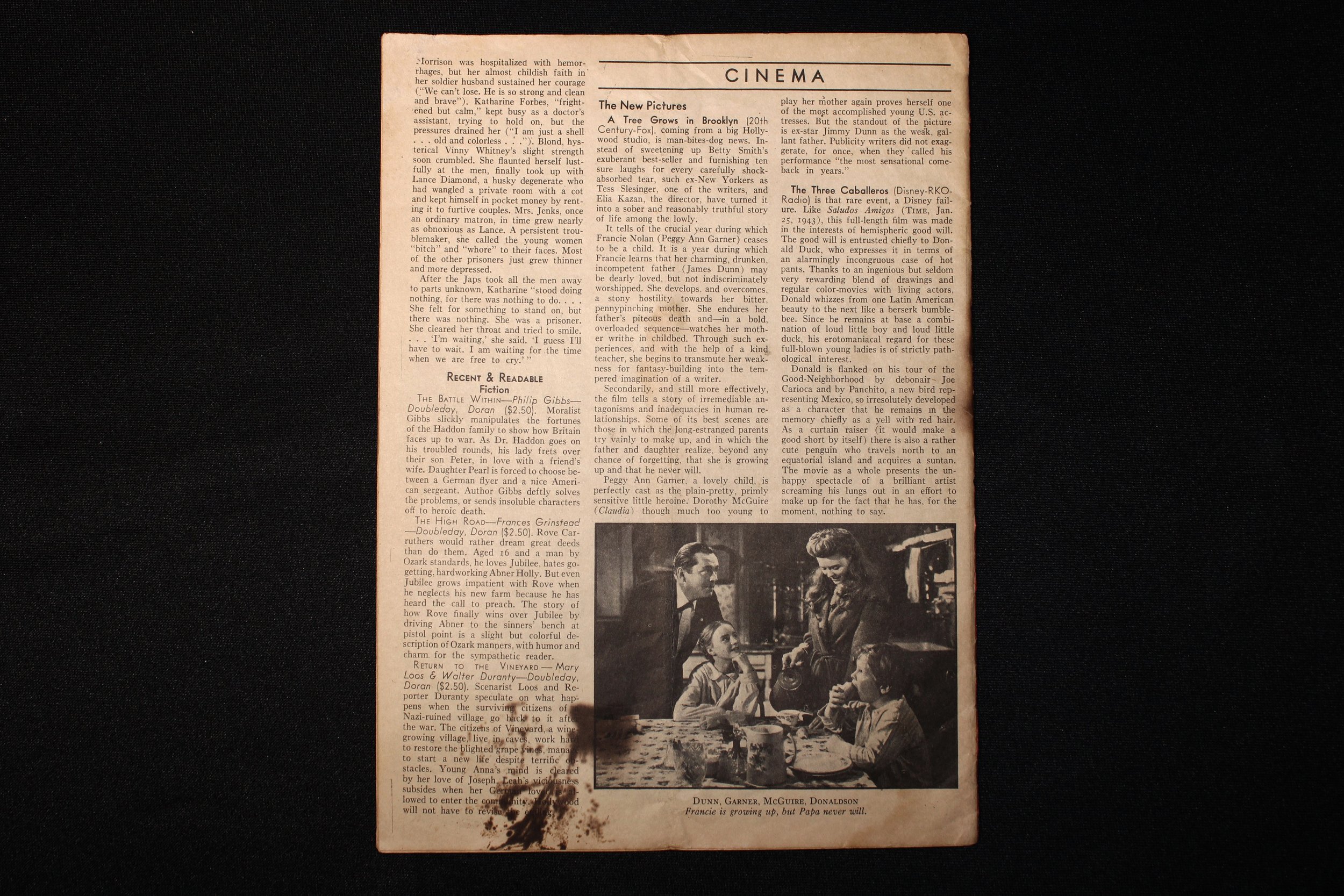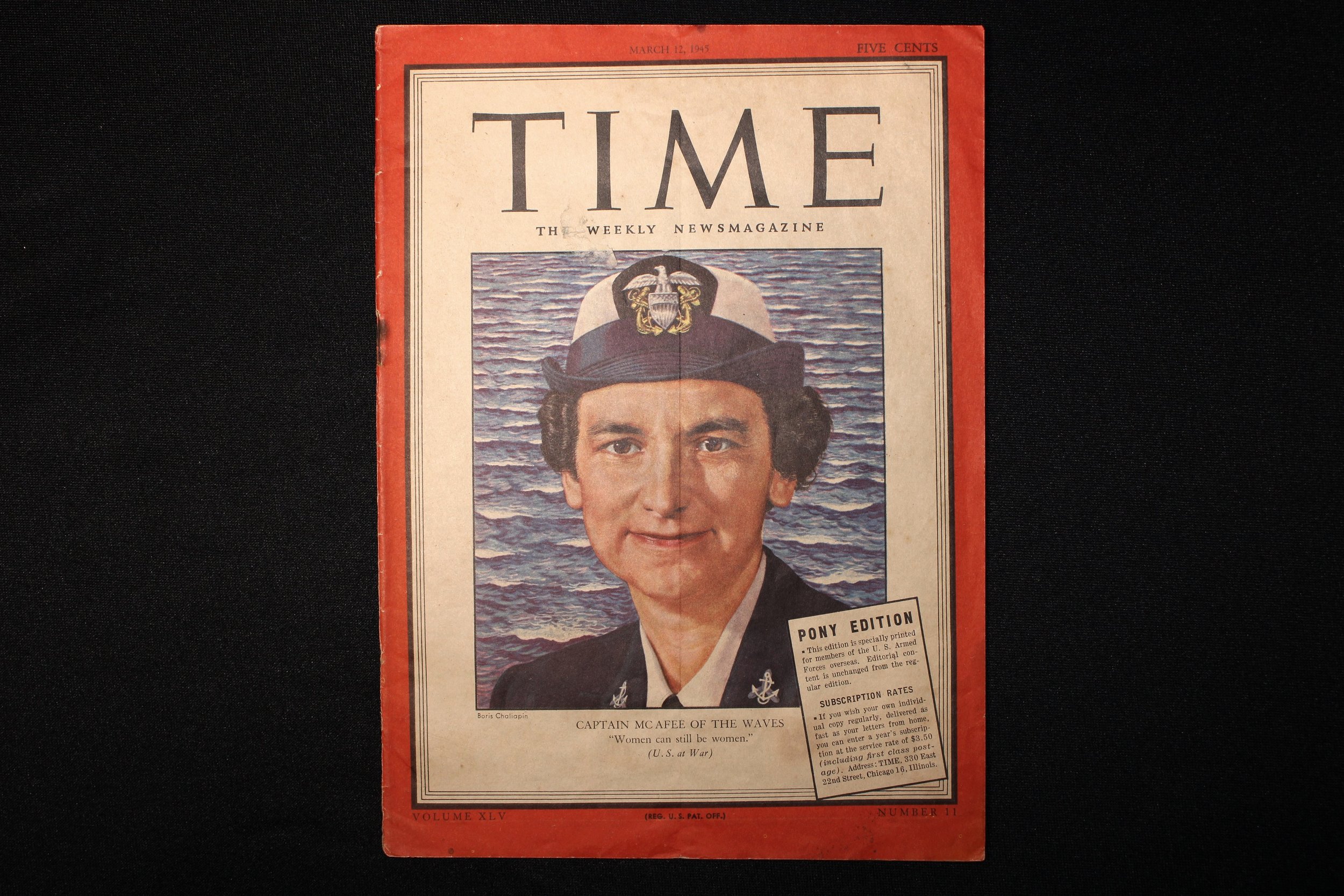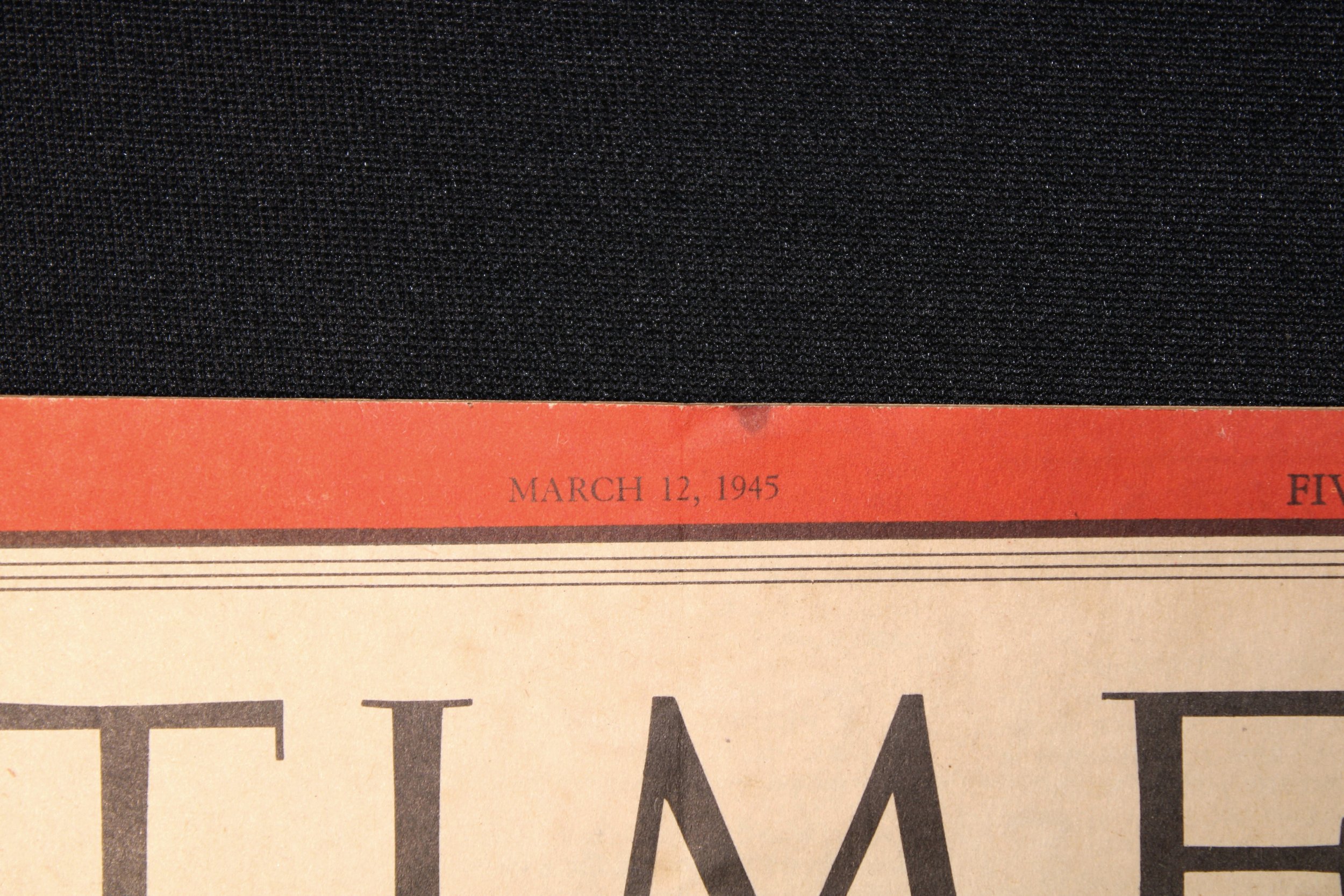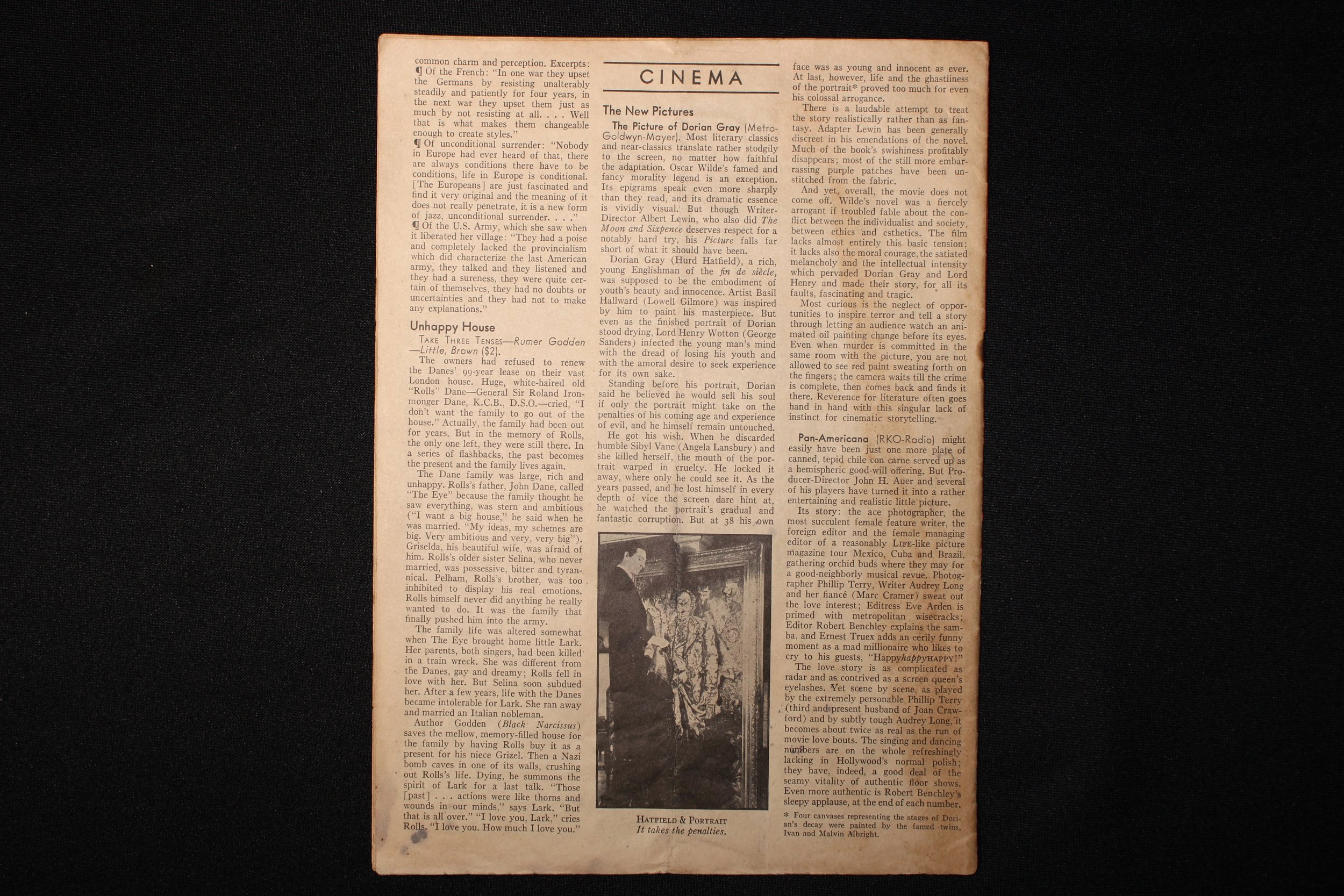Duel 39- La-5/7 vs Fw 190: Eastern Front 1942-45 by Dmitriy Khazanov and Aleksander Medved
Soviet fighter aviation suffered terribly at the hands of the Jagdwaffe in the first year of the war in the east, and with the arrival of JG 51 and its Fw 190s on the Stalingrad Front in September 1942 things only got worse for the hard-pressed Red Army Air Force pilots. However, help was on its way in the form of the re-engined LaGG-3 fighter, which was fitted with a powerful air-cooled M-82 radial engine. Designated the La-5, the new fighter was capable of withstanding more punishment than the fragile LaGG-3, and it was also appreciably faster and had a greater rate of climb. It was more of a handful to fly, however, but the new generation of better trained pilots who were led into combat by the survivors of 1941-42 quickly found the La-5 (and, later, the improved La-7) very much to their liking. Arriving in the front line in August 1942, the new Lavochkin fighters soon found themselves pitted into action on the Central Sector against the equally new Fw 190As of JG 51. The first clashes took place in November of that year, and from then on the Focke-Wulf fighter would regularly clash with its counterpart from Lavochkin.
This book has 80 pages and is approx. 7-1/4” x 9-3/4”.
Soviet fighter aviation suffered terribly at the hands of the Jagdwaffe in the first year of the war in the east, and with the arrival of JG 51 and its Fw 190s on the Stalingrad Front in September 1942 things only got worse for the hard-pressed Red Army Air Force pilots. However, help was on its way in the form of the re-engined LaGG-3 fighter, which was fitted with a powerful air-cooled M-82 radial engine. Designated the La-5, the new fighter was capable of withstanding more punishment than the fragile LaGG-3, and it was also appreciably faster and had a greater rate of climb. It was more of a handful to fly, however, but the new generation of better trained pilots who were led into combat by the survivors of 1941-42 quickly found the La-5 (and, later, the improved La-7) very much to their liking. Arriving in the front line in August 1942, the new Lavochkin fighters soon found themselves pitted into action on the Central Sector against the equally new Fw 190As of JG 51. The first clashes took place in November of that year, and from then on the Focke-Wulf fighter would regularly clash with its counterpart from Lavochkin.
This book has 80 pages and is approx. 7-1/4” x 9-3/4”.
Soviet fighter aviation suffered terribly at the hands of the Jagdwaffe in the first year of the war in the east, and with the arrival of JG 51 and its Fw 190s on the Stalingrad Front in September 1942 things only got worse for the hard-pressed Red Army Air Force pilots. However, help was on its way in the form of the re-engined LaGG-3 fighter, which was fitted with a powerful air-cooled M-82 radial engine. Designated the La-5, the new fighter was capable of withstanding more punishment than the fragile LaGG-3, and it was also appreciably faster and had a greater rate of climb. It was more of a handful to fly, however, but the new generation of better trained pilots who were led into combat by the survivors of 1941-42 quickly found the La-5 (and, later, the improved La-7) very much to their liking. Arriving in the front line in August 1942, the new Lavochkin fighters soon found themselves pitted into action on the Central Sector against the equally new Fw 190As of JG 51. The first clashes took place in November of that year, and from then on the Focke-Wulf fighter would regularly clash with its counterpart from Lavochkin.
This book has 80 pages and is approx. 7-1/4” x 9-3/4”.

